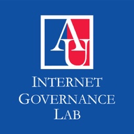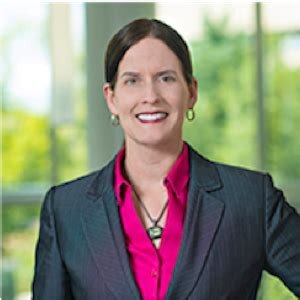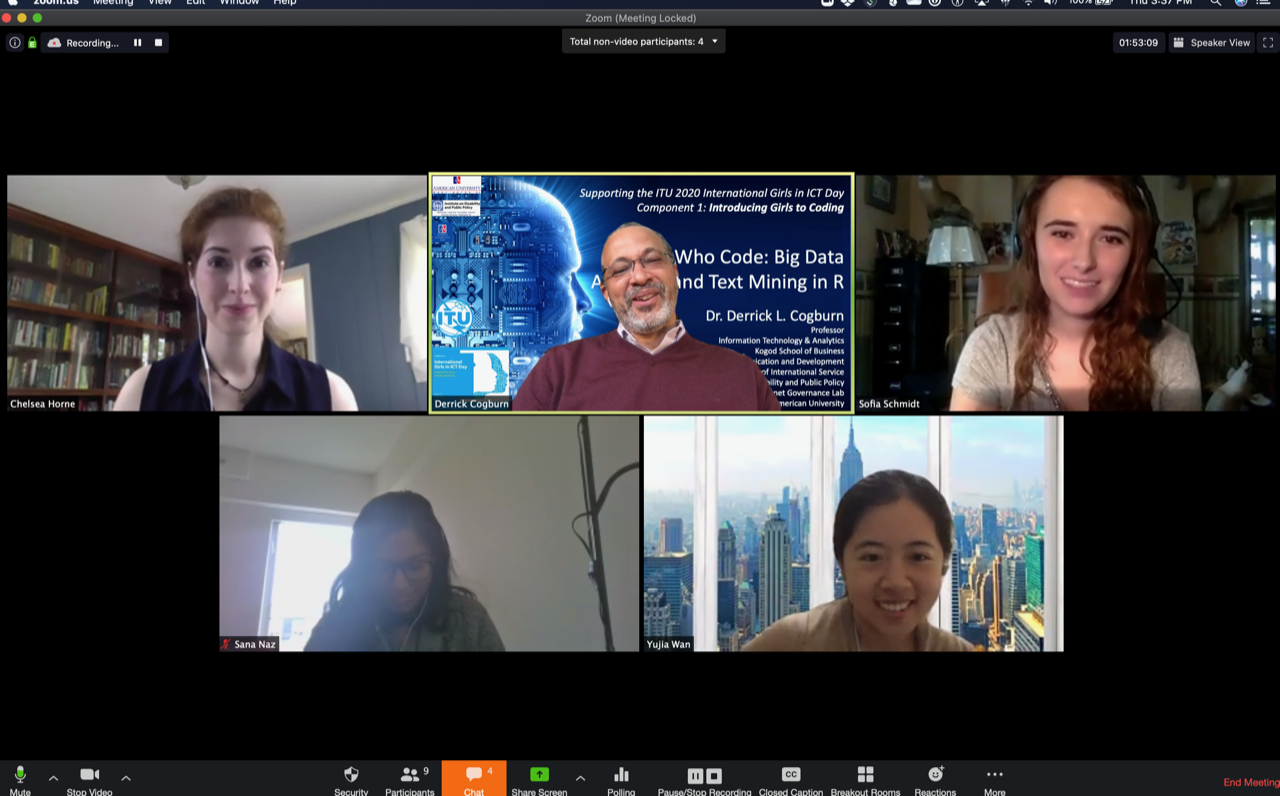On September 22, 2020, the Internet Governance Lab organized a virtual and globally distributed book launch for “Researching Internet Governance: Methods, Frameworks, Futures”, a new open access and multidisciplinary book co-edited by the Lab’s Faculty Co-Directors Dr. Laura DeNardis, Dr. Derrick Cogburn, and Dr. Nanette Levinson, along with Global Fellow Dr. Francesca Musiani. The meeting was co-presented by the American University School of Communication, the School of International Service Office of Research, the Kogod School of Business, and the Washington DC Chapter of the Internet Society.
Internet Governance Lab announces new book "Researching Internet Governance: Methods, Frameworks, Futures"
The Internet Governance Lab is pleased to announce the release of “Researching Internet Governance: Methods, Frameworks, Futures”, edited by Lab Co-Directors Laura DeNardis, Derrick Cogburn, and Nanette S. Levinson, along with Fellow Francesca Musiani. The collection, out this month from MIT Press, will help scholars and students navigate the multiple ways of thinking and writing about Internet governance, as well as understanding different research methods that can be used.
Call for Applications: Internet Governance Lab Junior Fellowship Program
The Internet Governance Lab is now accepting applications for the Spring 2021 Internet Governance Lab Junior Fellowship program. Applications are open to undergraduates who wish to join the Lab’s dynamic research community for the Spring 2021 semester, engaging in collaborative, cross-disciplinary, policy-engaged work at the intersection of Internet governance and technology policy.
Congress and technology: Do lawmakers understand Google and Facebook enough to regulate them?
Internet Governance Lab Faculty Co-Director, Dr. Laura DeNardis, quoted in USA Today on last week’s Big Tech antitrust hearings. "Everyone understands that our democracy now is on the line when it comes to disinformation, censorship, who gets to speak in the public sphere and what to do about all these content questions," she said.
Dr. Diana L. Burley joins Internet Governance Lab as Distinguished Faculty Fellow
Faculty Co-Director Dr. Laura DeNardis on Gallup and Knight Foundation's Out of the Echo Chamber podcast
Internet Governance Lab Faculty Co-Director Dr. Laura DeNardis joined Jonathan Rothwell in the latest episode of Gallup and Knight Foundation’s podcast, Out of the Echo Chamber, discussing internet privacy, security and freedom. Rethinking Freedom When the Internet Is Everywhere: A Discussion With Laura DeNardis.
Internet Power and Control May Fall Simply Into China’s Lap
Faculty Co-Director Dr. Derrick Cogburn presents work on Entity Extraction & Topic Modelling with WordStat
On June 17, 2020, Provalis Research, a Canadian research company specializing in text analytics tools, hosted a discussion with Internet Governance Lab Faculty Co-Director Dr. Derrick Cogburn on entity extraction and topic modeling techniques drawing on his work examining large data sets from the Internet Governance Forum.
Beginning with an overview of two key inductive/exploratory text mining techniques – entity extraction and topic modeling – using WordStat – content analysis and text mining tool, Dr. Cogburn’s presentation situates these techniques within a broader discussion of data science and the voluminous amounts of textual data being enabled by the ongoing information revolution. He then introduces tools, techniques, and approaches to text mining, along with the CRISP-DM project management approach before presenting a brief snapshot of a project using entity extraction and topic modeling to understand twelve years of transcripts from the United Nations Internet Governance Forum (IGF). Dr. Cogburn closes the discussion with a hands-on demonstration of entity extraction and topic modeling using WordStat.
Watch the presentation below.
Women Who Code: Big Data Analytics and Text Mining in R and RStudio #GirlsInICT
On Thursday, April 23, 2020, the Internet Governance Lab, in support of the 2020 International Telecommunication Union’s (ITU) International Girls in ICT Day (#GirlsInICT), organized a globally distributed session on “Women Who Code: Big Data Analytics and Text Mining in R and RStudio”.
Click here or on the image below to watch a recording of the session.
Organized by Internet Governance Lab Faculty Director Dr. Derrick L. Cogburn, Professor of Information Technology and Analytics and International Communication in the Kogod School of Business and School of International Service at American University, and Executive Director of the AU Institute on Disability and Public Policy, the discussion focused on the growing importance of big data analytics broadly speaking, and text analytics in particular while demonstrating the power of coding in the open source data analytics language R, programming the free RStudio Integrated Development Environment (IDE), and highlighted a range of packages that substantially extend the capabilities of R.
Following a practical overview of how to install and write code in R and RStudio, the session moved to five presentations from five female scholars, demonstrating the analytic and descriptive power of the programming language for research on a wide range of topics and disciplines. The lineup included:
Ms. Yujia Wan
IDPP Research Associate, Masters of International Affairs, School of International Service
Topic: “What’s Behind the Great Firewall? Differences between Baidu and Google in Searching Results”
Ms. Sana Naz
IDPP Research Associate, MS Analytics, Department of Information Technology and Analytics, Kogod School of Business
Topic: “Data Analytics and Predictive Modeling in R”
Ms. Dana Meyers
Masters of International Affairs, School of International Service
Topic: ”Key Issues in 2020 US Presidential Campaigns: Comparing Professed Themes to Actual Messaging on Twitter”
Ms. Sofia Schmidt
Masters of U.S. Foreign Policy & National Security, School of International Service
Topic: “Identifying Push Factors in Northern Triangle Migrant Interviews”
Ms. Chelsea L. Horne
Professorial Lecturer in the Department of Literature at American University; Doctoral Program, School of Communication; Faculty Fellow, Internet Governance Lab
Topic: “Governing Truth: An Analysis of “Post-Truth” Discussions of “Fake News” at IGF”
Doctoral Fellow Erica Basu Defends Dissertation on Digital Privacy Advocacy and Data Protection Policymaking in India
Dr. Erica Basu
By Sarah Palaia | April 17, 2020
How do you protect the data and privacy of half a billion internet users in the world’s largest democracy? India recently undertook that challenge, and SOC PhD graduate Erica Basu studied the process as it unfolded. Her research reveals how conflict and cooperation between government and non-governmental actors, and their use of communication platforms to inform and influence public opinion, shaped data and privacy laws.
For Basu, looking at her home country was an obvious choice—she already understood many of the factors, cultural and political, that would influence how India approached internet governance. By making a case study of the effort to write a new data and privacy law, she hoped to understand how much influence civil society organizations could have in the process. More generally, she was interested in how actors in a democracy use a “diverse range of communication tactics” as levers to intervene in policymaking.
Basu’s research found that all actors, including civil society, government and internet companies took advantage of communication channels to inform and influence public opinion. They used both traditional and digital media extensively, from town halls to Twitter. The Indian government, for its part, used digital platforms to communicate about the proposed law and to invite outside parties to comment on proposals.
Basu also found that the policies advocated by civil society organizations were likely influenced or constrained, at least in part, by the priorities of the private sector companies funding them. Private sector funding of think tanks, and partnerships between the government and private sector, created substantial overlapping interests that were not transparent. She said, “When you research the funding flow then you realize that…private sector money is being funneled through foundations.”
Finally, she argues that asymmetries of power limited communication and reduced civil society’s influence on policy. While the government used both digital and non-digital communication channels extensively, it chose not to publish public comments, breaking with established practice. In addition, the government used concerns about national security, law and order as a rationale for shutting down some online discussion, which led to a “narrowing of the civil society space and quelling of dissent.” She found that, ultimately, the Indian government holds policymaking power. In spite of opposition, the proposed law includes expansive rights for the government.
Basu’s work offers valuable insights for anyone studying issues of internet governance. Lessons learned from the India case study lead her to recommend, above all, that researchers “always look at the power asymmetries and the power structures between different actor groups.” She added, “I think that is a good lens to have when you’re studying any kind of technological issue and how it impacts societies.”
Before entering the PhD program, Basu also completed a Master’s degree at SOC. She credits the scholarship and generous teaching style of Professor and Interim Dean Laura DeNardis for drawing her into the program: “She inspired me to look at the internet as the next frontier where this was going to be the main space for interaction … as citizens both of our own countries and as global citizens.”










